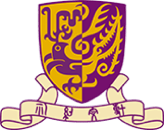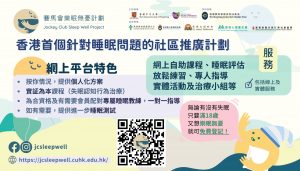Prodromal markers of α-synucleinopathy neurodegeneration in the first-degree relatives of patients with psychiatric disorders comorbid with REM sleep behavior disorder
REM sleep behavior disorder is a novel and distinct parasomnia characterized by recurrent dream enactment behaviors (DEBs) and polysomnographic features of REM sleep without atonia (RSWA), with typical onset age at early 60’s. Idiopathic RBD (iRBD) has been suggested as the most specific precursor of α-synucleinopathy-related neurodegeneration (e.g. Parkinson’s disease (PD)). Recently years, RBD features have been increasingly reported in patients with psychiatric disorders (i.e. psy-RBD, with the psychiatric diagnosis predominantly being depression and anxiety disorders) and with the use of antidepressants (especially serotonin selective reuptake inhibitors, SSRI). Given the observed temporal association between the initiation of antidepressant and the emergence of RBD symptoms in some patients, psy-RBD has been previously conjected as transient side-effect of antidepressants. However, accumulating evidence including our data also suggested that psy-RBD manifests very similarly as the typical iRBD in terms of the persistent course, clinical severity, and the association with neurodegenerative biomarkers. In view of the clinical significance of iRBD for predicting neurodegeneration, it is pertinent to clarify the disease status of psy-RBD and its potential association with future risk of neurodegeneration. Thus, in this study, we will use the family study design to investigate whether the RBD features, neurodegenerative diseases and related prodromal markers is aggregated in the family of psy-RBD patients, with the comparison of control families.
We will recruit biological first-degree relatives (FDRs) who are 40 years old or above. The eligible FDRs comes from three groups of probands, namely patients with psychiatric disorders comorbid with RBD, patients with psychiatric disorder without RBD features, and healthy control subjects. Total sample size for FDRs targeted at 528.
We hope to invite you to Shatin Hospital or other related research sites for this study If the visit is inconvenient to you, we may also arrange home visits alternatively.
Study content:
- Questionnaires
- Clinical interviews (sleep and mood assessments)
- Neurocognitive tests
- Blood examination
- Overnight sleep assessment (Applicable to the situation when RBD features have never been assessed before)
Procedures last around 2 hours, overnight sleep assessment require further arrangements.
All assessments are free of charge and each participant will receive HK$100 cash coupon as travel allowance.



